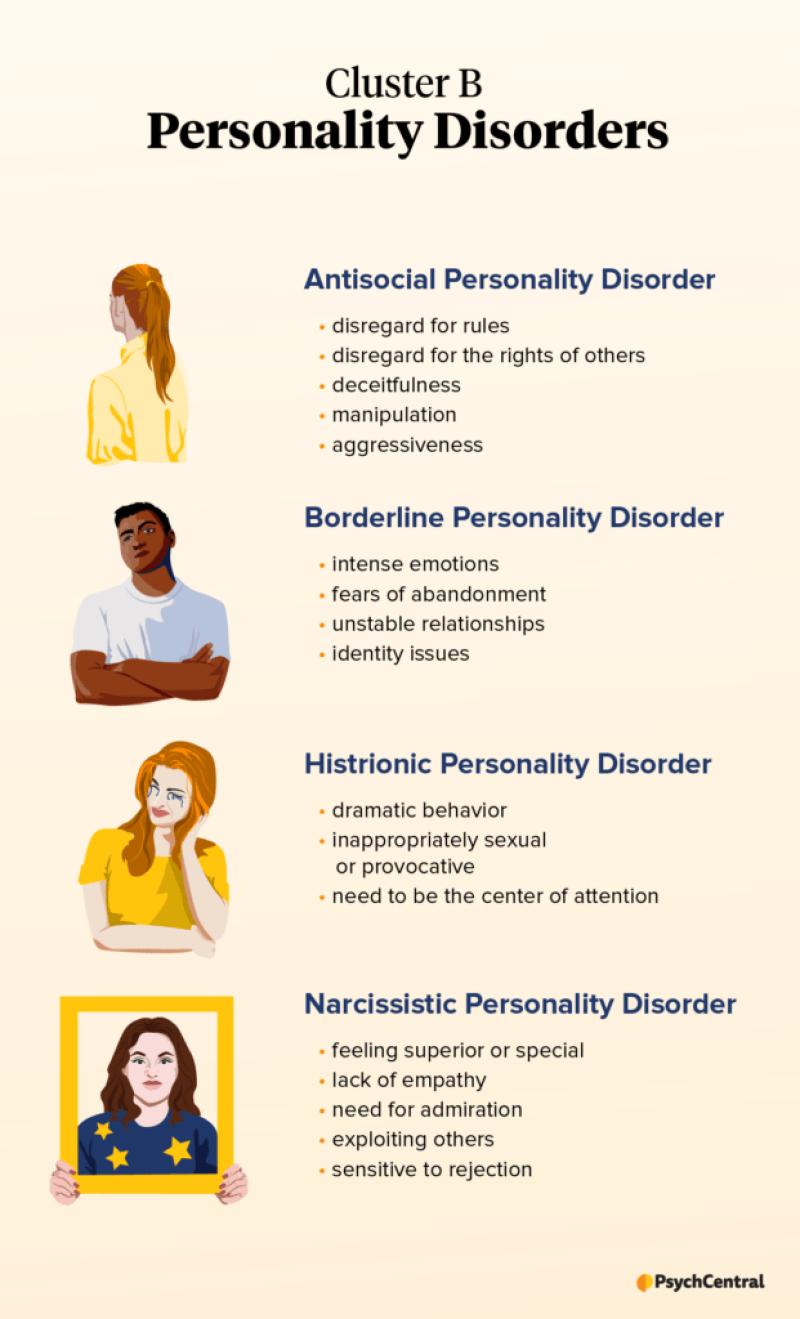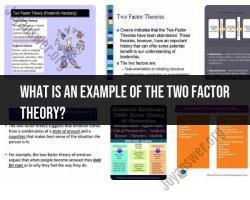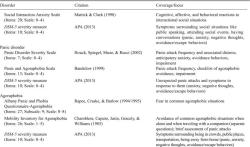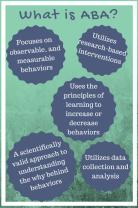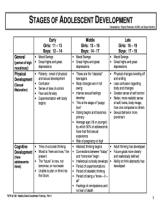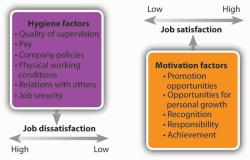What are cluster B personality disorders?
Cluster B personality disorders are a group of mental health conditions characterized by dramatic, emotional, and unpredictable thought patterns and behaviors. These disorders are categorized into Cluster B of the Diagnostic and Statistical Manual of Mental Disorders, Fifth Edition (DSM-5). The four main personality disorders in Cluster B are:
Antisocial Personality Disorder (ASPD):
- People with ASPD typically display a pattern of disregard for the rights of others. They may engage in deceitful behavior, lack empathy, and show little remorse for their actions. Impulsivity, irritability, and a history of legal problems are common features.
Borderline Personality Disorder (BPD):
- BPD is characterized by instability in mood, self-image, and relationships. Individuals with BPD may have intense and rapidly changing emotions, fear of abandonment, and a distorted self-image. Impulsive behavior, self-harm, and suicidal thoughts are also associated with this disorder.
Histrionic Personality Disorder (HPD):
- Individuals with HPD often seek attention and are excessively emotional and dramatic. They may be uncomfortable when they are not the center of attention and may use their appearance to draw attention to themselves. Relationships may be characterized by superficiality and rapidly changing emotions.
Narcissistic Personality Disorder (NPD):
- NPD is characterized by an inflated sense of self-importance, a constant need for admiration, and a lack of empathy for others. People with NPD often have a grandiose view of their own abilities and may exploit relationships to achieve their own goals.
Key Features of Cluster B Personality Disorders:
Dramatic and Erratic Behavior:
- Cluster B personality disorders are characterized by emotional dysregulation and impulsive, unpredictable behavior.
Difficulty Establishing and Maintaining Relationships:
- Individuals with Cluster B personality disorders may struggle with forming and sustaining meaningful relationships due to their emotional instability and interpersonal difficulties.
Impact on Social and Occupational Functioning:
- These disorders can significantly impair social and occupational functioning, leading to conflicts in personal and professional settings.
Comorbidity:
- It is not uncommon for individuals with one Cluster B personality disorder to exhibit traits or meet criteria for another disorder within the same cluster or from different clusters.
Challenges in Treatment:
- Treating Cluster B personality disorders can be challenging due to the individuals' resistance to acknowledging their own role in interpersonal difficulties and their difficulty trusting others.
It's important to note that a comprehensive assessment by a mental health professional is necessary for an accurate diagnosis, and each individual may present with a unique combination of symptoms. Treatment for Cluster B personality disorders often involves psychotherapy, such as dialectical behavior therapy (DBT), cognitive-behavioral therapy (CBT), and medication in some cases. Early intervention and ongoing support are crucial for managing symptoms and improving overall functioning.
Overview of cluster B personality disorders and their characteristics?
Cluster B Personality Disorders: An Overview
Cluster B personality disorders are a group of mental health conditions characterized by dramatic, emotional, and erratic thinking and behavior. Individuals with these disorders often have difficulty managing their emotions, maintaining healthy relationships, and conforming to social norms.
Here are the four personality disorders included in Cluster B:
- Antisocial personality disorder (ASPD): Individuals with ASPD exhibit a disregard for the rights and feelings of others, often engaging in manipulative and exploitative behavior. They may also lack empathy and remorse for their actions.
- Borderline personality disorder (BPD): Individuals with BPD experience intense and unstable emotions, relationships, and self-image. They may be prone to impulsive behavior, suicidal ideation, and difficulty regulating their emotions.
- Histrionic personality disorder (HPD): Individuals with HPD exhibit excessive emotionality and a need for attention and approval. They may be dramatic, theatrical, and overly concerned with their appearance and image.
- Narcissistic personality disorder (NPD): Individuals with NPD have an inflated sense of self-importance and entitlement. They may lack empathy and exploit others to achieve their goals.
Common Characteristics of Cluster B Personality Disorders
Despite their individual differences, Cluster B personality disorders share several common characteristics:
- Emotional dysregulation: Difficulty managing emotions, leading to outbursts, impulsivity, and self-destructive behaviors.
- Unstable relationships: Difficulty maintaining healthy and stable relationships due to intense and volatile emotions.
- Poor self-image: Difficulty regulating one's self-esteem and self-worth, often leading to feelings of emptiness and worthlessness.
- Distorted thinking: May have unrealistic expectations of others and themselves, leading to disappointment and conflict.
- Difficulty coping with stress: May resort to unhealthy coping mechanisms such as substance abuse or self-harm.
Treatment Options for Cluster B Personality Disorders
Treatment for Cluster B personality disorders typically involves a combination of psychotherapy and medication.
Psychotherapy:
- Cognitive-behavioral therapy (CBT): Helps individuals identify and change negative thought patterns and behaviors.
- Dialectical behavior therapy (DBT): Helps individuals manage their emotions and improve their relationships.
- Schema therapy: Helps individuals change ingrained patterns of thinking and behavior that contribute to their personality disorder.
Medication:
- Antidepressants: May be helpful for managing depression, anxiety, and irritability.
- Mood stabilizers: May be helpful for individuals with BPD who experience intense mood swings.
- Antipsychotics: May be used in some cases to manage severe symptoms such as paranoia or hallucinations.
It's important to note that treatment for Cluster B personality disorders can be challenging and often requires long-term commitment. However, with proper treatment, individuals can learn to manage their symptoms and improve their quality of life.
Resources for Further Learning
- National Institute of Mental Health (NIMH): https://infocenter.nimh.nih.gov/publications/borderline-personality-disorder
- Mayo Clinic: https://www.mayoclinic.org/diseases-conditions/personality-disorders/symptoms-causes/syc-20354463
- American Psychological Association (APA): https://www.psychiatry.org/patients-families/personality-disorders/what-are-personality-disorders
